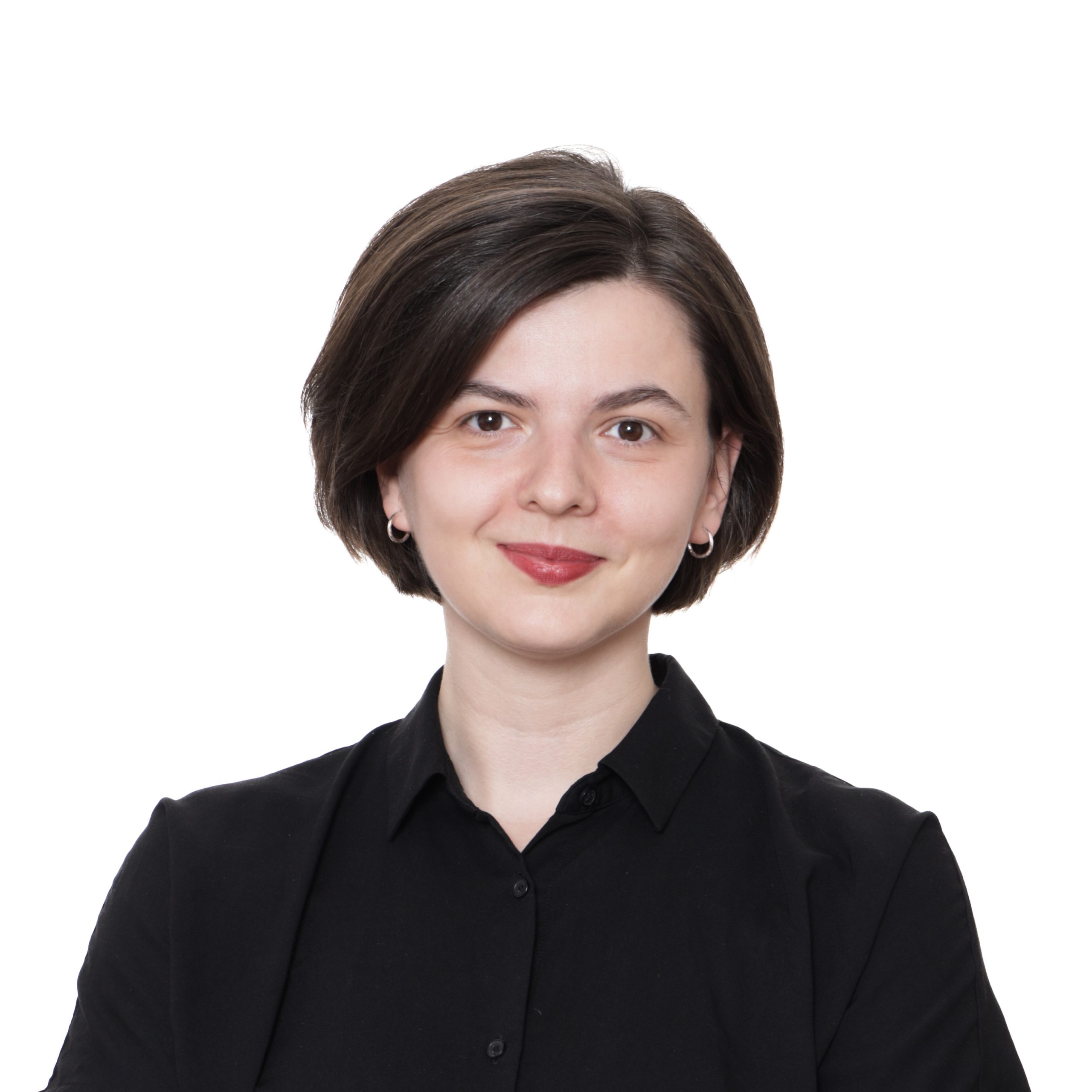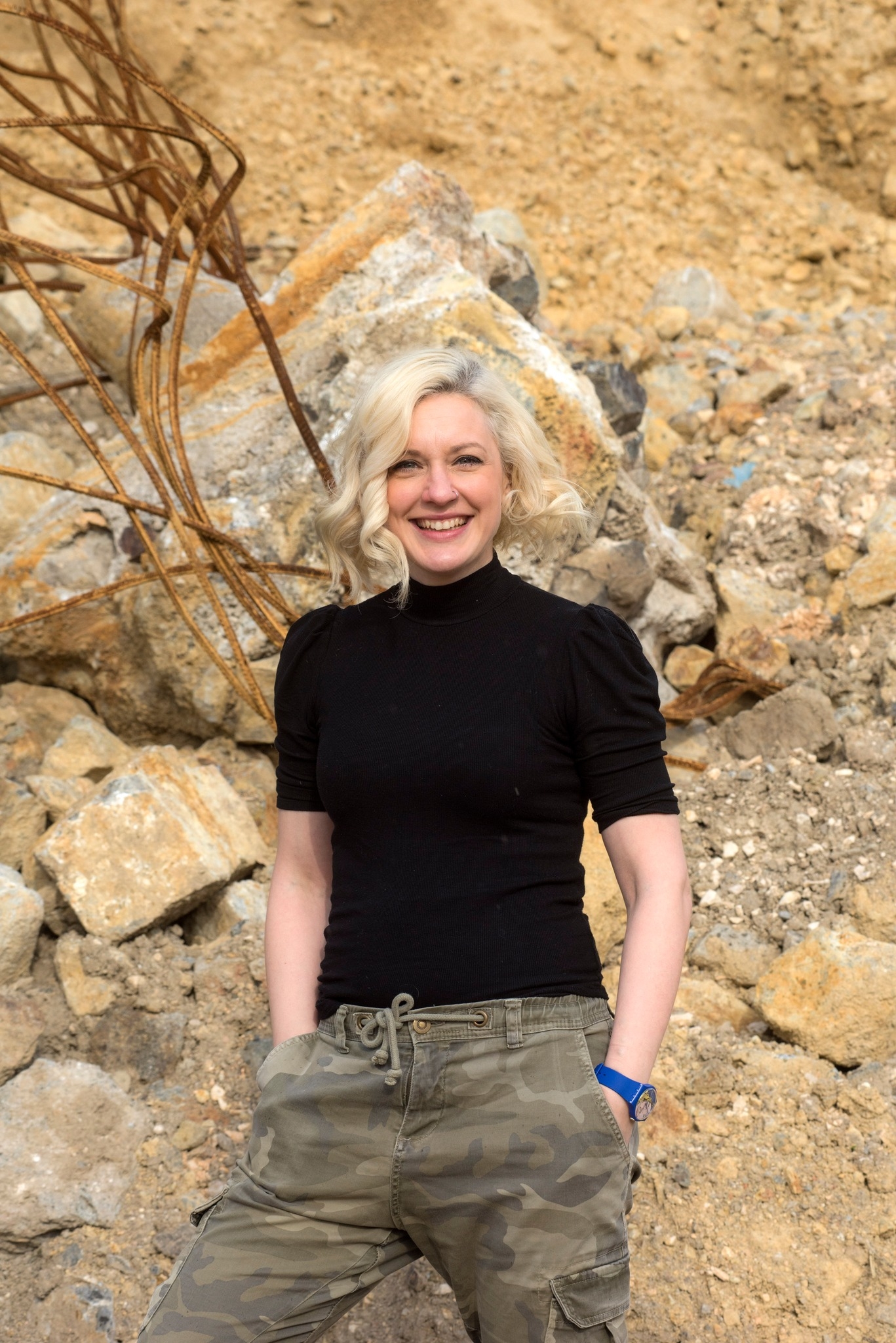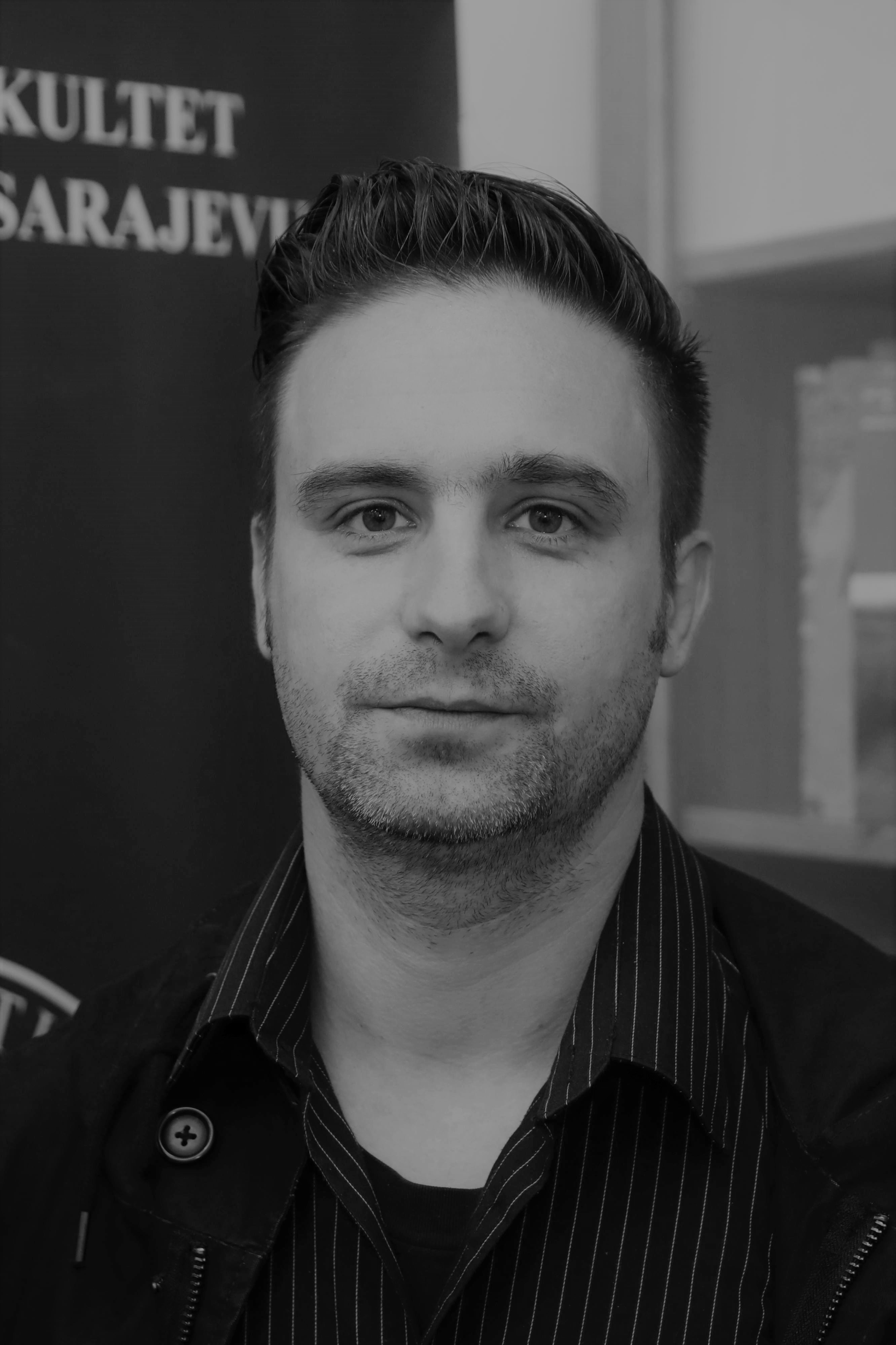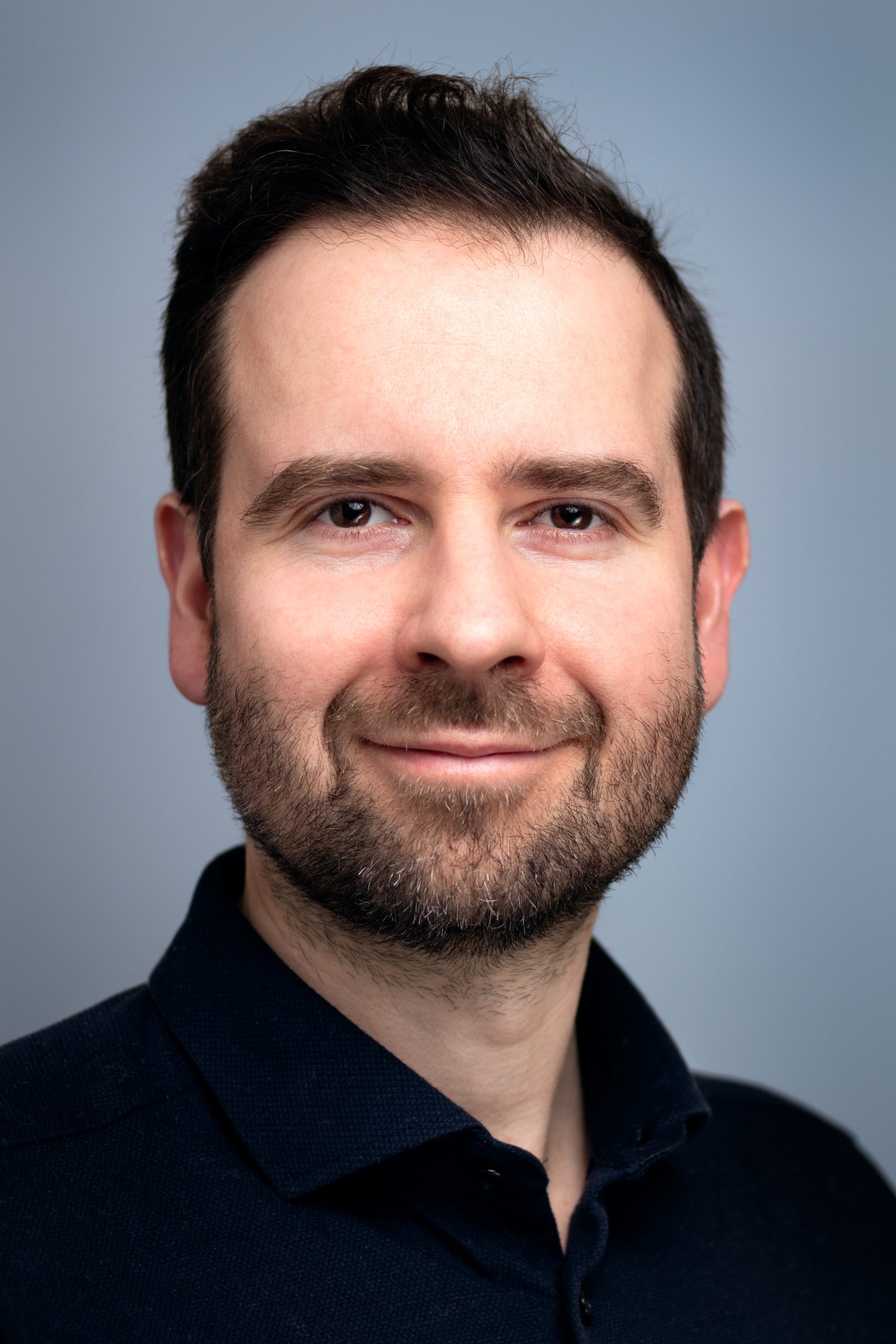11 – 15 September / Between Intellectual and Sensory Reason: Towards an Epistemology of Architecture
Course Description
Throughout the history of philosophy, architecture has been widely referred to as a metaphor for conscious action and logical construction. For Aristotle the work of the master builder served as a metaphor for his philosophy of action, while Nietzsche used the metaphor of a “shaking tower of concepts” to visualize and make more comprehensible the precarious state of metaphysics. Yet architecture means much more to philosophy and critical thought than what the explanatory use of architectural imagery evokes. It was Kant who went beyond metaphor by claiming “architectonics is the art of systems”. As such, architecture is not only a cultural practice based on knowledge but moreover a cultural practice that serves the production of philosophical knowledge.
This course focuses on the double bind of architecture as a material practice and an agent of knowledge production. We will discuss the importance of architecture in the formation of thought. It will draw attention to architecture as a cultural practice between intellectual reason and sensual reason. It was Nietzsche who already emphasized the close interrelation between philosophy and architecture and insisted on the philosopher’s need for appropriate spaces for thinking. He held that after the death of God “we need some recognition of what above all is lacking in our big cities: quiet and wide, expansive places for reflection. Places with long, high-ceilinged cloisters for bad or all too sunny weather”.
The course will raise the consciousness for the fact that it is through architecture that the sensual and the cognitive are bound together. As much as it is a material and spatial practice, architecture is an intellectual practice enabling man to experience aspects of our world that are usually disconnected: intellectual reason and sensory reason. How do these “places for reflection” look like, and moreover what do we expect these spaces to look like today in the information age.
Course instruction for students / participants
LINK: Apply for this course
NOTE: Participants should prepare 20-minute-long presentations on topics of their research and allow a further 10 minutes for discussions following course descriptions. The titles of the presentations with short abstracts need to be sent following this link.
* ECTS points are available for MA and PhD students. The requirements for ECTS credits are (i) participation in at least 80% of all lectures, (ii) presentation of a previously prepared original paper on the topic of the course or discussion papers on the papers provided by lecturers. The organizers will prepare the official IUC certificate, which will include a detailed overview of the students’ obligations (sufficient for 3 ECTS). Whether ECTS will be recognized as parts of their academic programs or as additional achievements in diploma supplements depends solely on the institutions that the students come from.
Course lecturers / 2017. / 2018.
Snjezana Prijić – Samaržija / University of Rijeka
Prof. Joerg Gleiter / Technische Universität Berlin
Prof. Petar Bojanić / University of Belgrade
Prof. Vladan Đokić / University of Belgrade
Idis Turato / University of Zagreb
Prof. Ludger Schwarte / Academy of Fine Arts Düsseldorf
Course directors / 2017. / 2018.
Snježana Prijić Samaržija / University of Rijeka
Jörg H. Gleiter / Technical University Berlin
Petar Bojanić / University of Belgrade, Serbia
Accommodation
Students themselves organize their travel and accommodation in Dubrovnik. The IUC administration has recommended the services of the Gulliver travel agency, which can be contacted via the e-mail address danijela.strman@gulliver.hr . You can also acquire additional information about the accommodation on this IUC link: http://www.iuc.hr/accomodation.php
Course Fee
The IUC requires the payment of a small course fee, currently 40 EUR or its HRK equivalent, which is to be paid by all course participants. The fee could be paid to the following account or directly in the IUC office throughout the duration of the course.
Udruga Interuniverzitetski Centar Dubrovnik, Don Frana Bulića 4, 20000 Dubrovnik
IBAN: HR2923300031100213145
BANK: Societe genrale – Splitska banka d.d.





